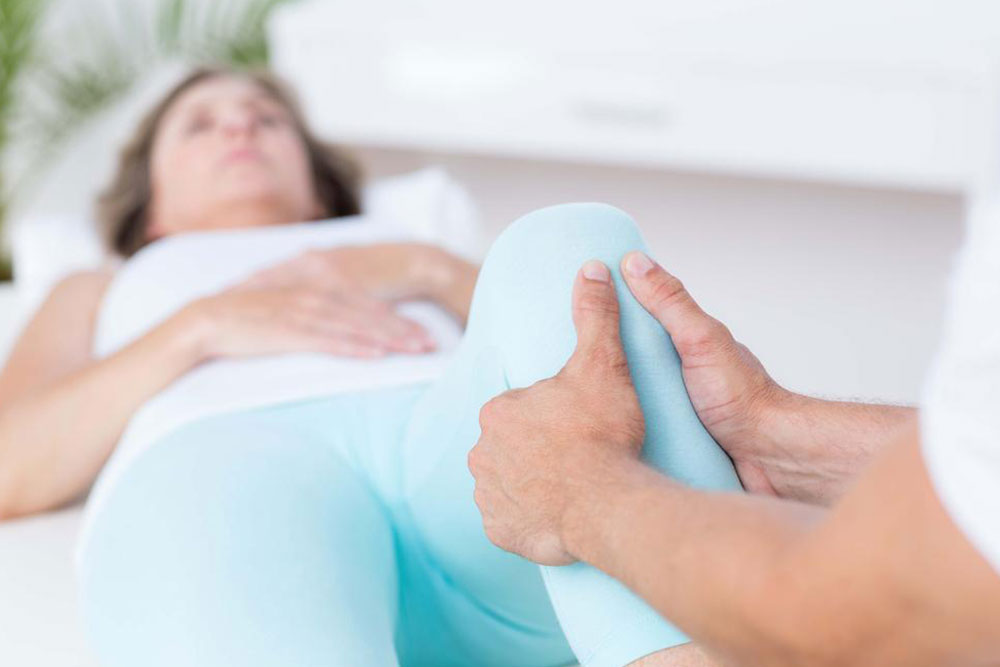Effective Natural Remedies to Alleviate Restless Legs Syndrome and Improve Sleep Quality
Discover comprehensive natural remedies for Restless Legs Syndrome, including lifestyle changes, dietary tips, and relaxation techniques that can significantly improve sleep quality. Learn how to manage symptoms effectively without medication and enhance your overall well-being.

Comprehensive Natural Approaches to Managing Restless Legs Syndrome
Restless Legs Syndrome (RLS) is a neurological condition characterized by uncomfortable sensations in the legs, often accompanied by an irresistible urge to move them. These sensations are frequently described as tingling, crawling, or aching feelings, predominantly occurring during periods of rest or at night, which severely disrupt sleep patterns. Many individuals suffering from RLS face challenges in achieving restful sleep, leading to daytime fatigue and decreased quality of life. Although RLS affects a significant portion of the population—approximately 10% of Americans—the condition can be effectively managed through a series of natural remedies and lifestyle modifications.
Understanding the underlying causes of RLS is essential. Factors such as genetic predisposition, iron deficiency, chronic illnesses like Parkinson's disease, diabetes, kidney problems, certain medications, and pregnancy may trigger or exacerbate symptoms. Addressing these underlying issues often forms a crucial part of effective management. Importantly, natural remedies offer a drug-free alternative suitable for many patients, especially those seeking to avoid medications or minimize side effects.
1. Establishing a Consistent Sleep Schedule
One of the foundational steps in managing RLS symptoms is maintaining a regular sleep routine. Going to bed and waking up at the same time each day helps regulate your body's internal clock, thereby reducing the severity and frequency of RLS symptoms. Creating a calming pre-sleep routine, such as gentle stretching, warm baths, or meditation, can further enhance sleep quality. Adequate sleep not only eases RLS discomfort but also contributes to overall health and well-being.
2. Incorporating Regular Physical Activity
Engaging in moderate exercise on a consistent basis can significantly lessen RLS symptoms. Activities like walking, swimming, yoga, or stretching exercises help improve circulation, reduce muscle tension, and promote relaxation. However, it's important not to overexert; intense workouts close to bedtime may worsen symptoms. Aim for daily physical activity earlier in the day, and include relaxing stretches before bed to ease muscle stiffness.
3. Dietary Adjustments and Iron Intake
Diet plays a vital role in managing RLS. Ensuring sufficient iron levels is especially crucial, as iron deficiency is closely linked with RLS symptoms. Consuming iron-rich foods such as lean meats, leafy greens, beans, and fortified cereals can help maintain optimal iron levels. In some cases, healthcare providers may recommend iron supplements after evaluating blood iron levels. Additionally, avoiding stimulants like caffeine and alcohol, particularly in the evening, can reduce symptom severity and improve restful sleep.
4. Employing Heat or Cold Therapy
Applying heat packs or warm towels to affected legs can help relax tense muscles, alleviating discomfort. Conversely, some individuals find relief with cold packs or ice, which can numb sensations and reduce inflammation. Experimenting with both therapies can help determine what works best for each individual. Incorporating these simple measures into a nightly routine can provide significant symptomatic relief.
5. Relaxation Techniques and Mindful Activities
Stress and anxiety are known to worsen RLS symptoms. Engaging in relaxing activities such as massage therapy, deep breathing exercises, meditation, or progressive muscle relaxation can help soothe the nervous system. Mental exercises, including guided imagery or mindfulness meditation, distract from uncomfortable sensations and promote a sense of calm, making it easier to fall asleep.
6. Additional Natural Strategies and Precautions
Other supportive measures include maintaining a comfortable, clutter-free sleep environment, avoiding heavy meals before bedtime, and limiting screen time in the evening. Some individuals find herbal remedies like valerian root, magnesium supplements, or chamomile tea helpful, but it is advised to consult with a healthcare provider before introducing new supplements.
While natural remedies can significantly reduce RLS symptoms, it is essential to work closely with your healthcare provider to tailor individual treatment plans. Proper diagnosis and addressing potential underlying causes are vital steps. Lifestyle adjustments, combined with natural therapies, can empower individuals to manage their symptoms effectively, leading to better sleep, improved mood, and an enhanced overall quality of life.





